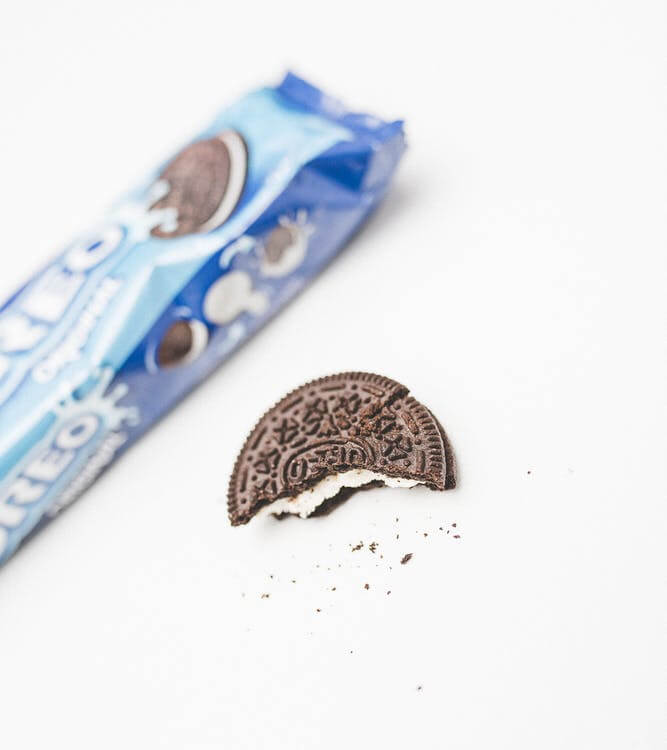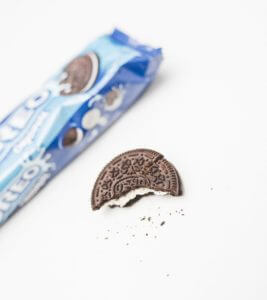Since when do Oreos make national news? Since news sources like Time, the Washington Post, Forbes, ABC News, Today.com and many more all published articles this month on recent research that Oreos may be just as addictive – or more so – than cocaine. “What?” you may be thinking. True, it’s hard to resist dunking a few into a glass of milk, but more addictive than one of the most dangerous and deadliest drugs?
This information is more significant, though, than just an attention-grabbing headline. Because the prominence of this research and the sweeping attention of the media represent more than just a shocking statement about America’s favorite cookie. It opens up a conversation about food addiction in a very real, and crucial way.
Breathe’s founder, Brad Lamm, gives some insight into food addiction. “Some leading experts will say, “˜no way is it an addiction’,” he says, speaking of food in general, not merely sugary snacks. “Others (myself included) will recount from the trenches of the war that’s killing millions that it is without question an addiction.”
In February 2013, the New York Times published a comprehensive look at food addiction. At a conference including C.E.O.s from Pillsbury, Nestlé, General Mills, Coca-Cola and a few other prominent food companies, there was a discussion about the growing obesity epidemic. At the meeting, the reality loomed that these foods – processed, sugary snacks – instigate a desire to overeat past the point of hunger. One Yale University professor drew a connection between cigarettes and processed food. Professor Kelly Brownell emphasized that, “As a culture, we’ve become upset by the tobacco companies advertising to children, but we sit idly by while the food companies do the very same thing. And we could make a claim that the toll taken on the public health by a poor diet rivals that taken by tobacco.”
We couldn’t agree more. “It’s time to wake up and smell the Oreos,” says Lamm. “They’re made to addict. Made to enslave. Made to get the consumer to an early grave sadly due to the sort of food it is”¦like poison, by the mouthful.” Like cigarettes, or alcohol, or drugs like marijuana or cocaine, the taste of these processed foods seem satisfying, but the pleasure is fleeting and leaves you wanting more.
And maybe the sweet stuff is even more dangerous. We’ve all been told that if we enjoy it “in moderation,” indulging in these snacks is okay. We know that drugs are bad for us, but do we rationalize that junk food is different, and therefore the rules don’t apply? After all, it’s neither illegal nor banned before adulthood. Lamm lays out the bottom line: “Food enslaves with cycles of craving and obsession just as cocaine.” It may be harder to see, but the obsessions, the inability to stop, and allowing something to take over your body even when you know better”¦these things make it clear that food can be just as addicting and as serious a threat to health as other substances.
What to do about this perilous dependence? “Put the Oreo down, dear, and step back to the land of the living!!” Lamm says. The more we learn about the chemistry of our food and how it reacts with our bodies, the more we can make informed choices. And once we recognize that food addiction is just as serious a problem as drug and alcohol addiction, we’ll understand that it is a problem to be treated, not just a nasty habit to be judged. “The term “˜junk food’ has never been more appropriate,” reflects Lamm. “You deserve good, life-affirming food. If the thing in your hand, that’s moving to your lips has more than five ingredients, it’s likely not something the universe intends for you to eat.”














